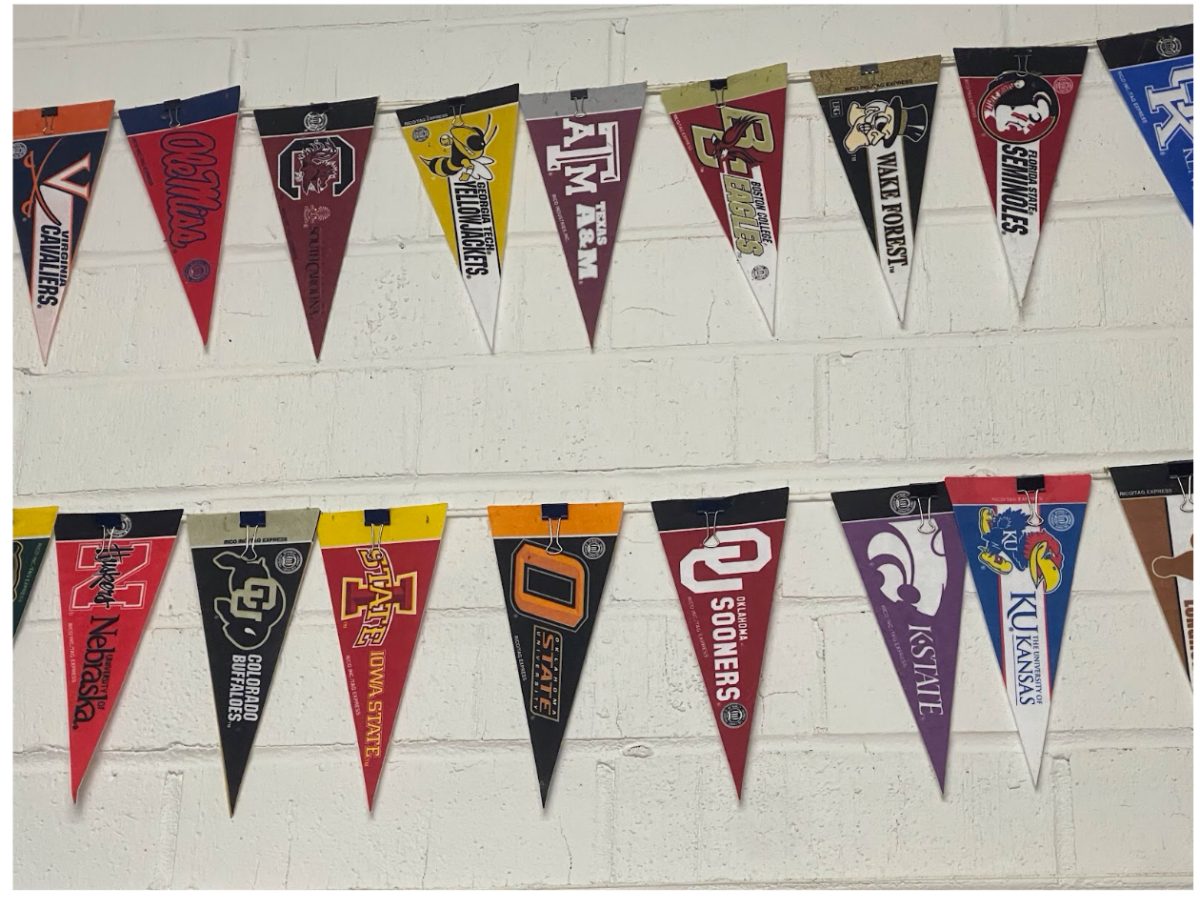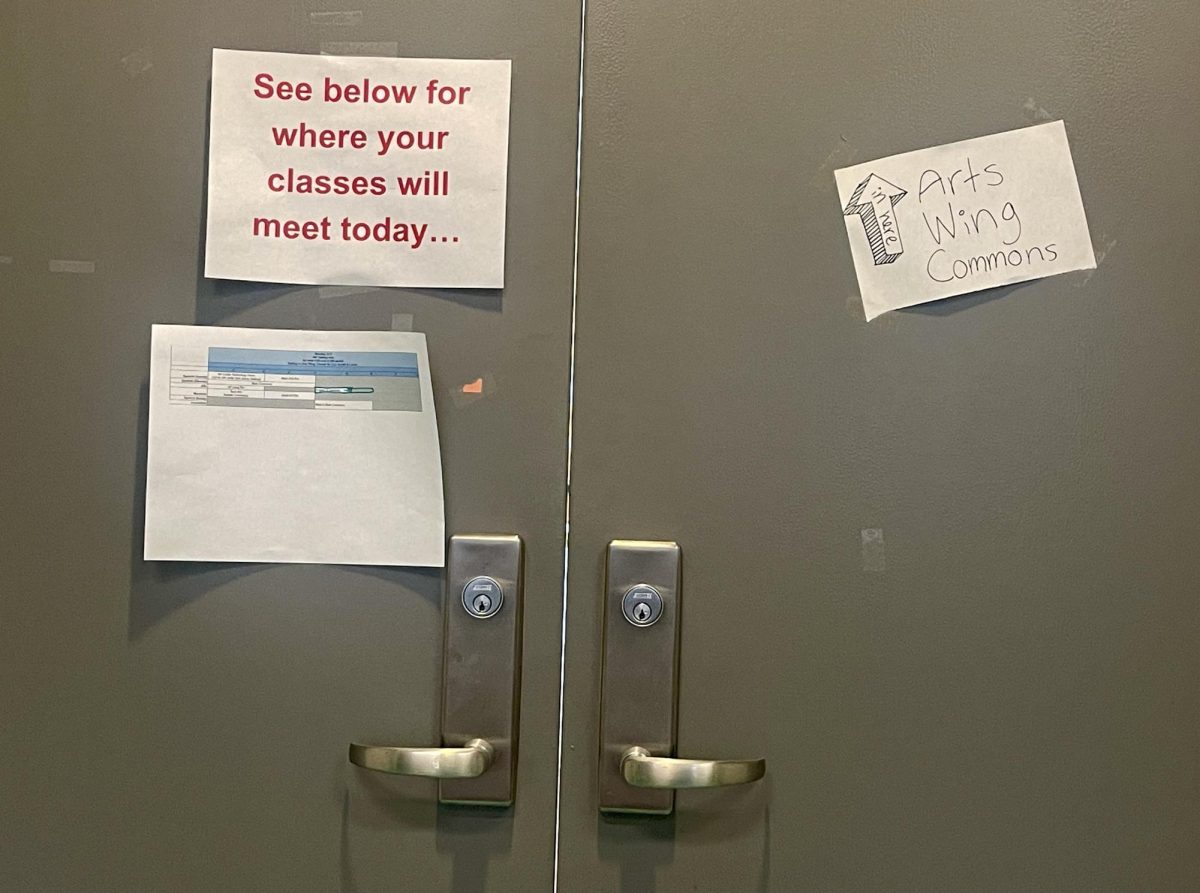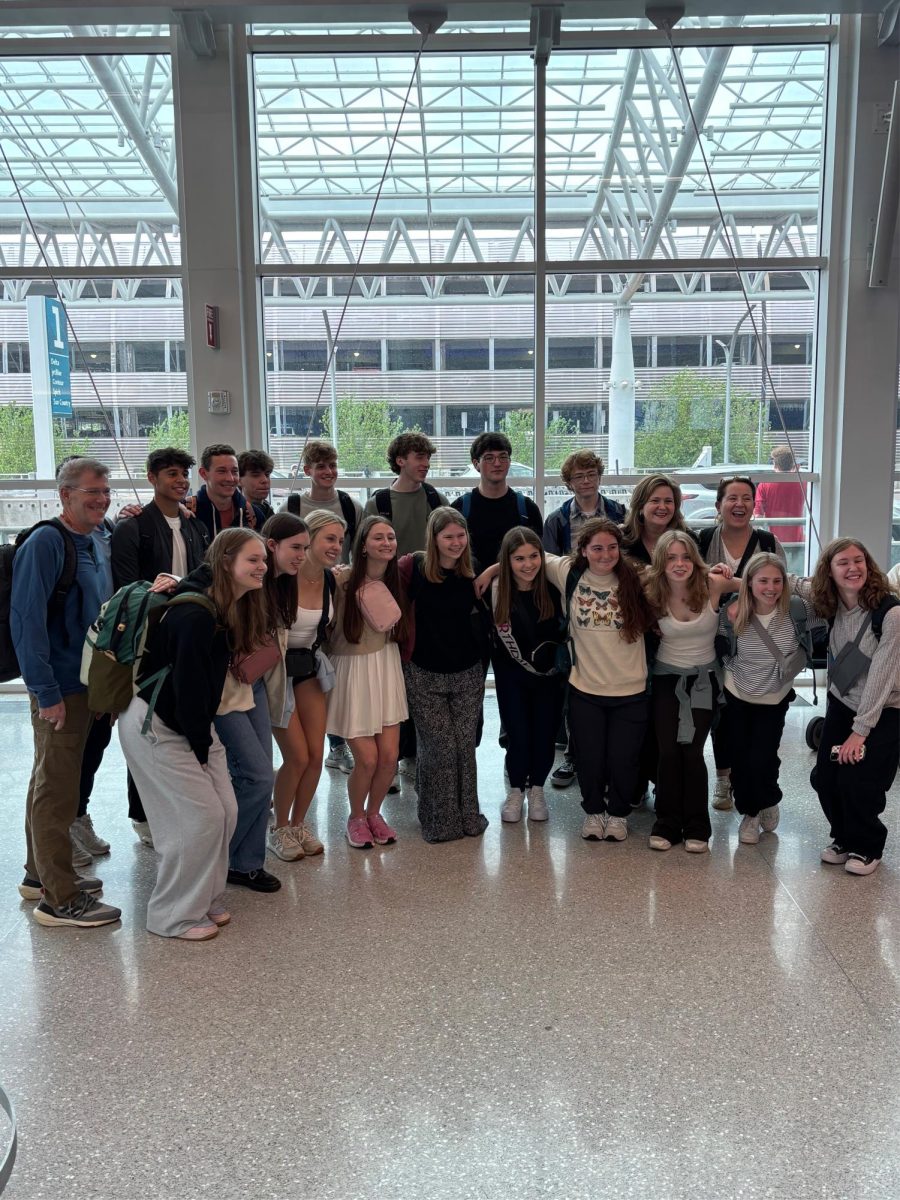With the resignations of Harvard president Claudia Gay and the University of Pennsylvania president Liz Magill, the future of higher education leadership is in an age of political strife.
What makes the situation of Harvard’s Claudia Gay unique is that it had to do with both anti-semetic statements and years-old accusations of plagiarism. The anti-semetic statements came on the heels of the latest war in the Middle East. And while one would expect some plagiarism in high school, most people would not expect it at the highest levels.
UPenn’s president made zero mention of these accusations of antisemitism in her resignation letter which many US congresspeople and Jewish members of higher academia have criticized. She will remain as a professor at the law school.
An inquiry by the New York Post uncovered at least instances of plagiarism within President Gay’s writing. After these accusations surfaced, a Havard subcommittee found some instincts of inadequate citation but no excessive misconduct. Gay resigned anyway.
Colleges and universities have long been symbols of hope for young people and the power of academia. But in the wake of the current Israel-Hamas war, many have also come under scrutiny for dark undercurrents of antisemitism.
As students at universities protested against Israel in the days after the Hamas-led massacre of predominantly civilians in southern Israel, chants such as “From the river to the sea, Palestine will be free” and “Globalize the intifada” were documented. Many have criticized these chants as calls for Israel’s elimination and even promoting violence against Jewish people in general.
With all of this turmoil, college and university presidents have been under pressure to choose between cracking down on antisemitism and promoting freedom of speech on campus.
While this can be a difficult balance to tightrope, comments by these presidents that imply they would not consider calls for Jewish genocide to be harassment have not at all helped their reputations and are central reasons why they resigned.
What does this possibly mean for higher education?
For higher education, this implies a future of increasingly polarized campuses as conservative and liberal students increasingly grow apart on notable issues. And as many Jewish students feel like them, Israel and Jews as a whole are more and more marginalized within academic spaces.
Overall, it looks like it is going to be a rocky next few years as political polarization is increasing in its fierceness and as criticism of the Jewish state has only become more potent and arguably vitriolic since the Israel-Hamas war started.
Anti-semetic statements (and the accusations thereof) have become increasingly more common as the debate over Israel and Palestine becomes more polarized and drawn along partisan lines.
Along with political polarization overall, antisemitism can only be expected to become increasingly common within academic spaces, which could have significant implications for the future leaders of higher education.







